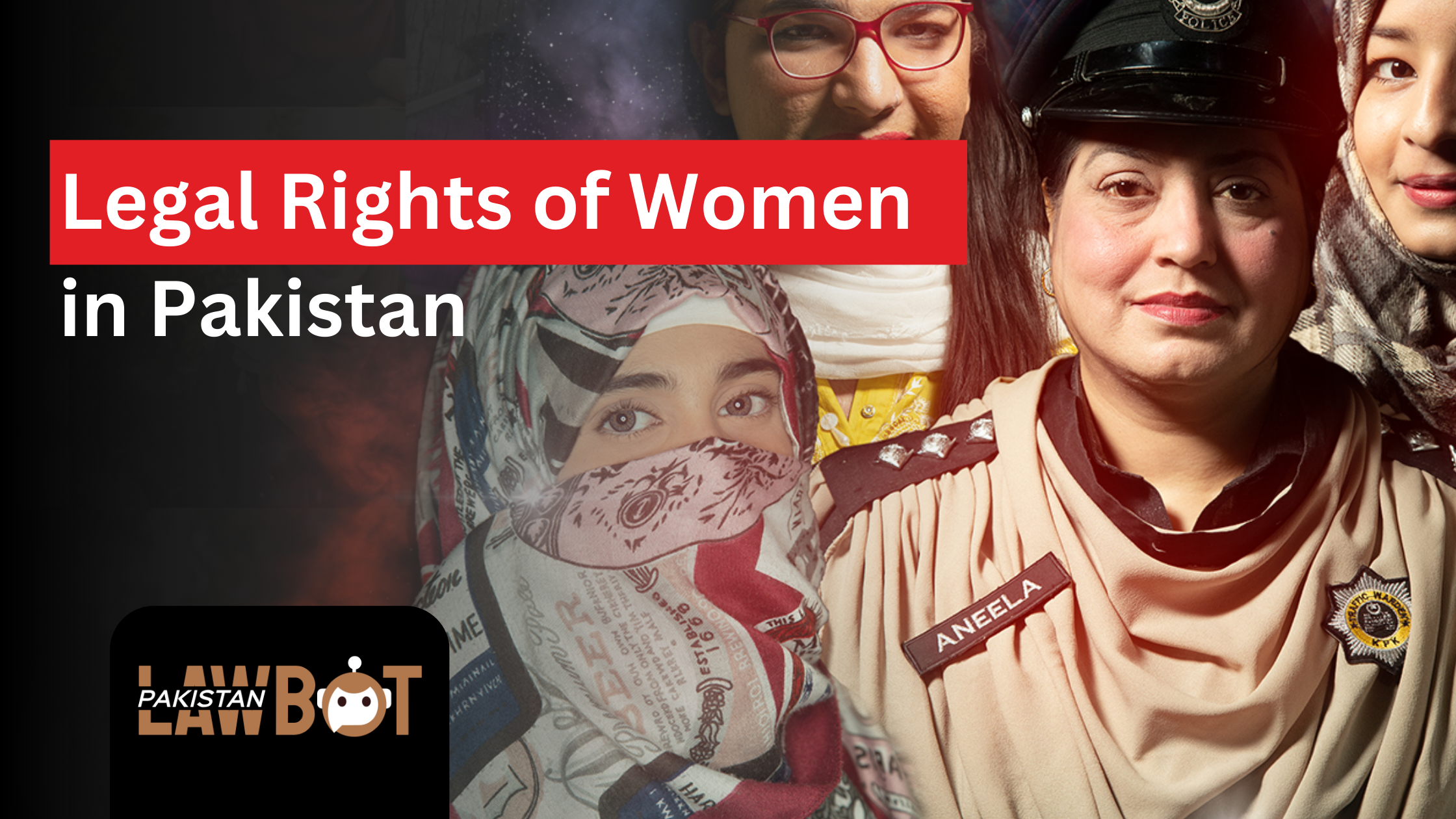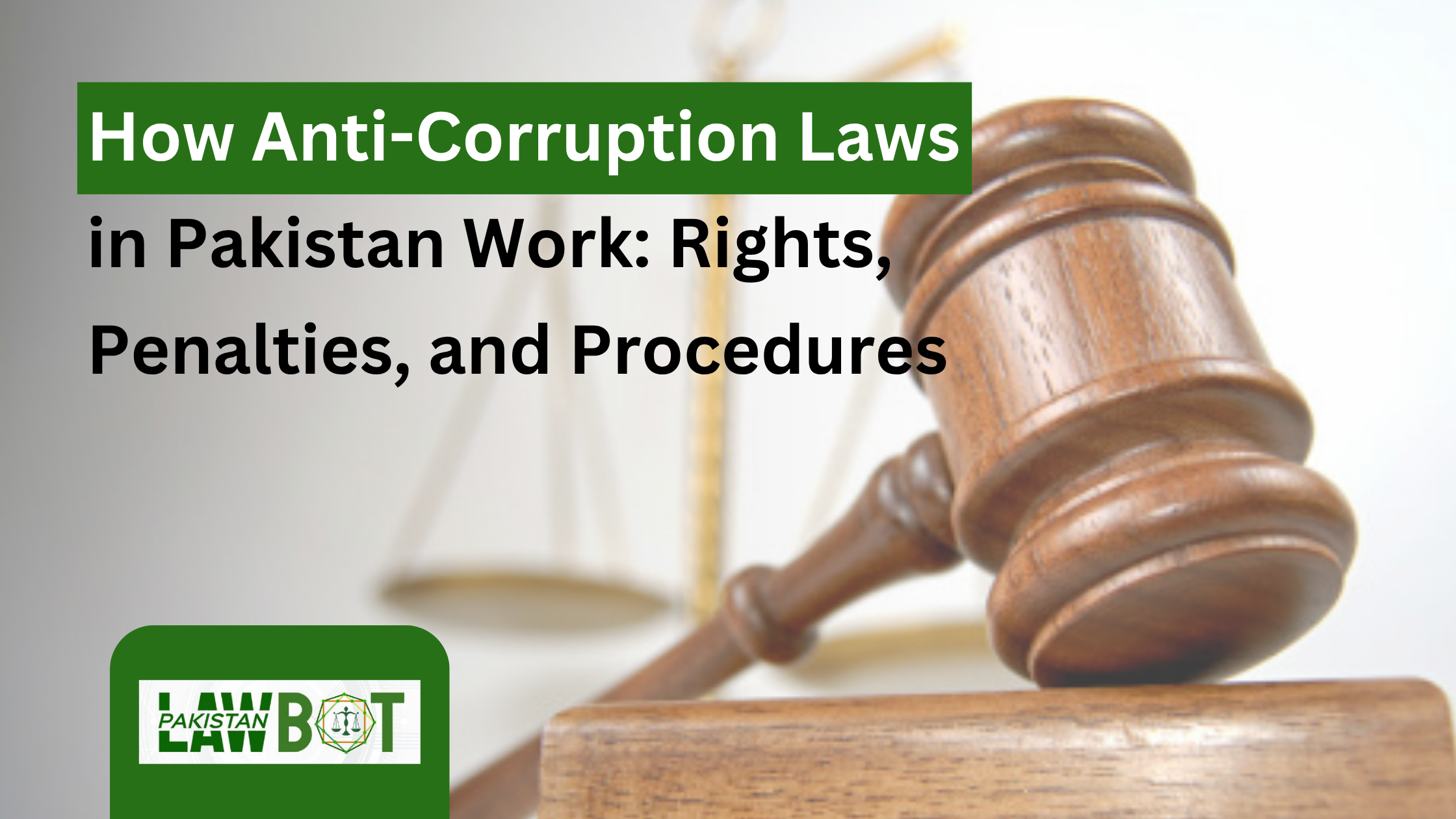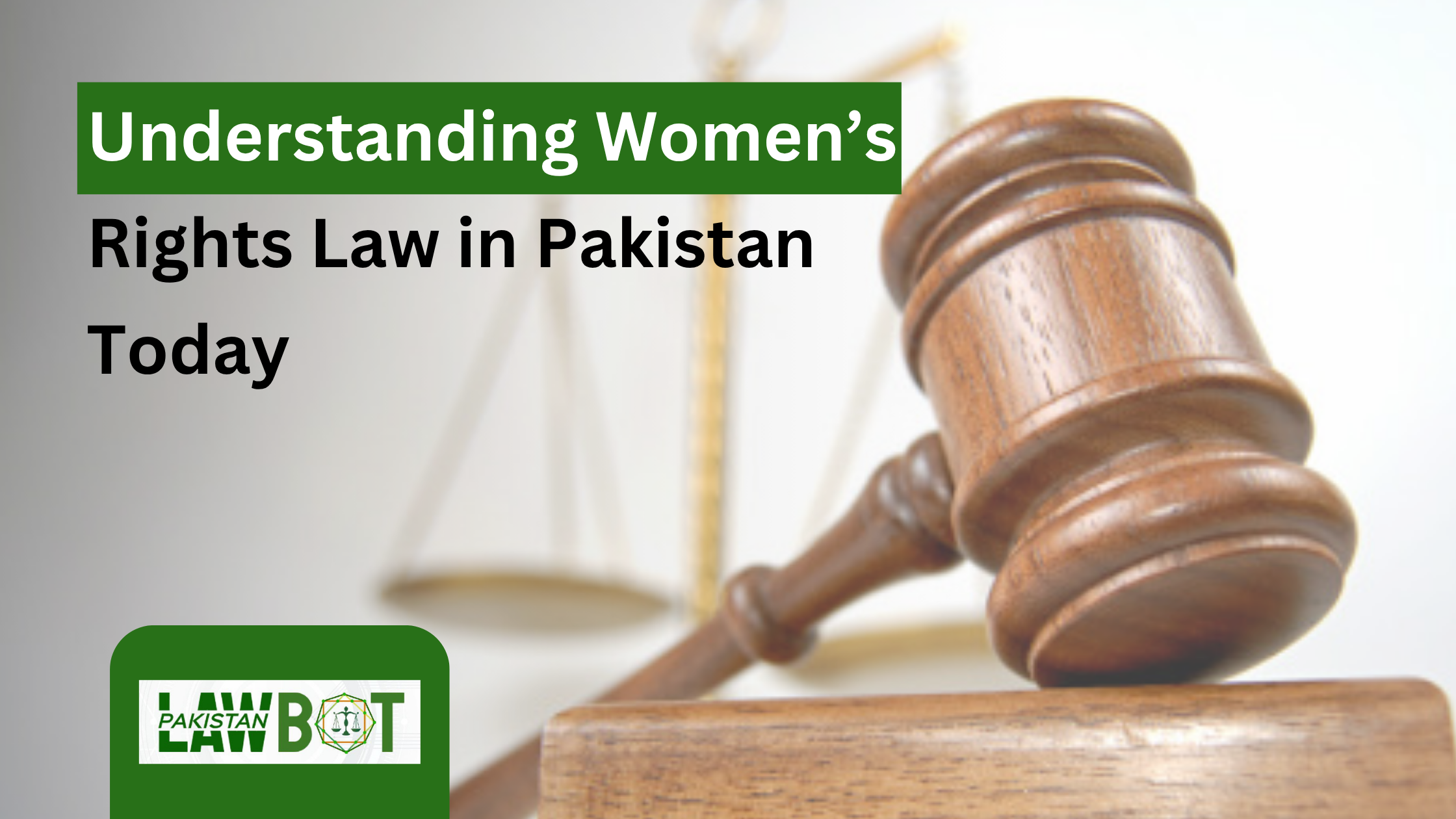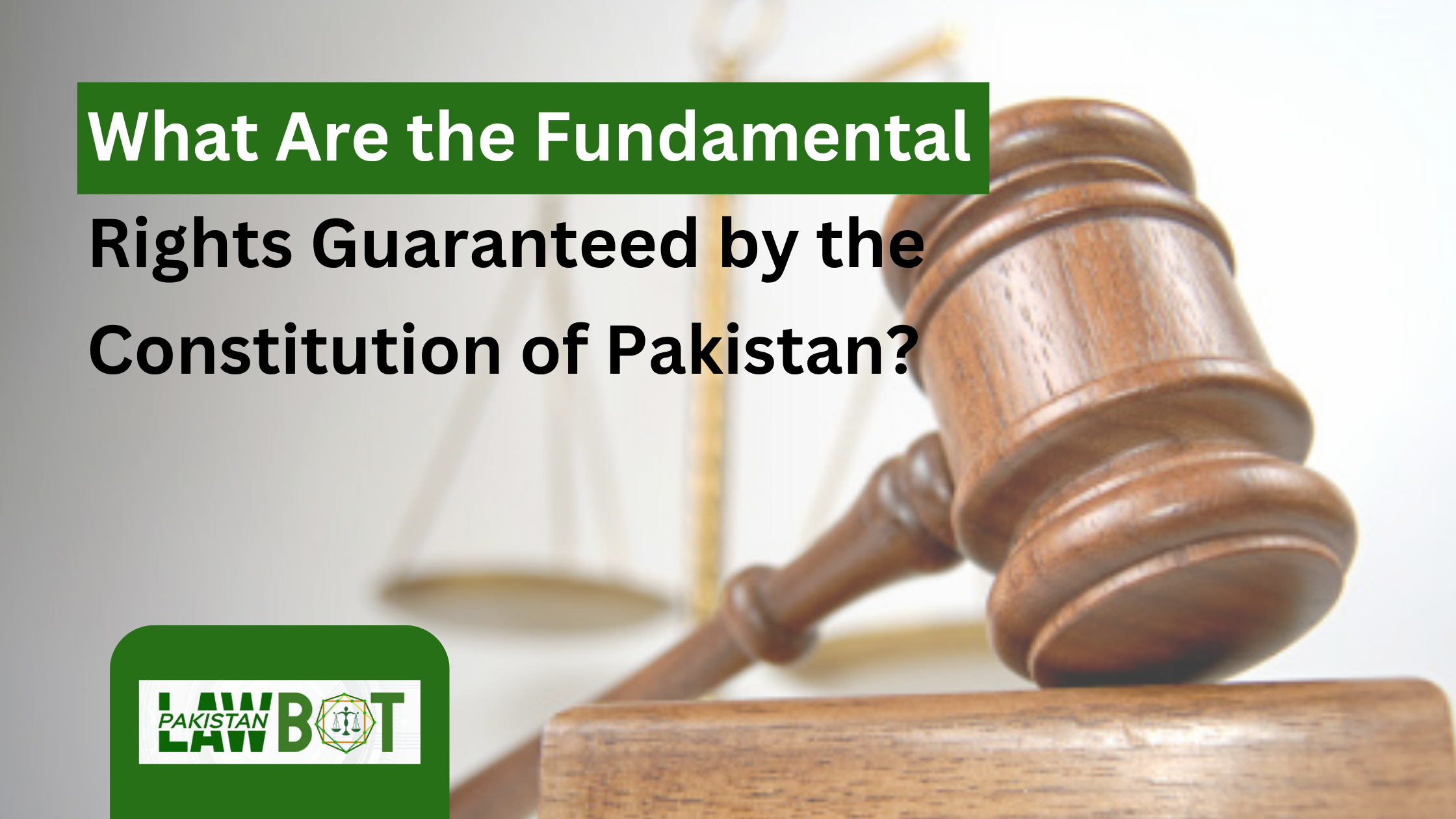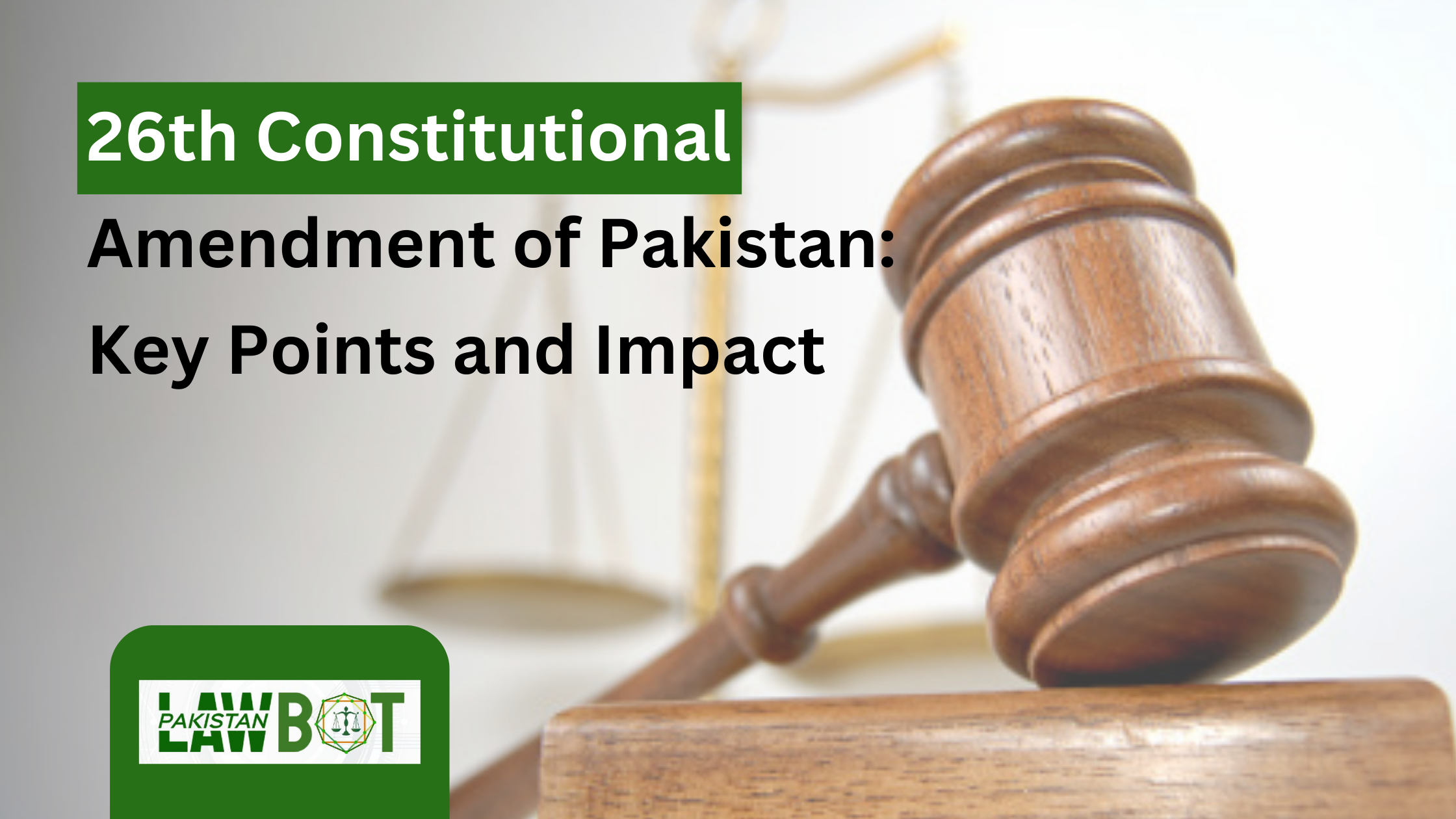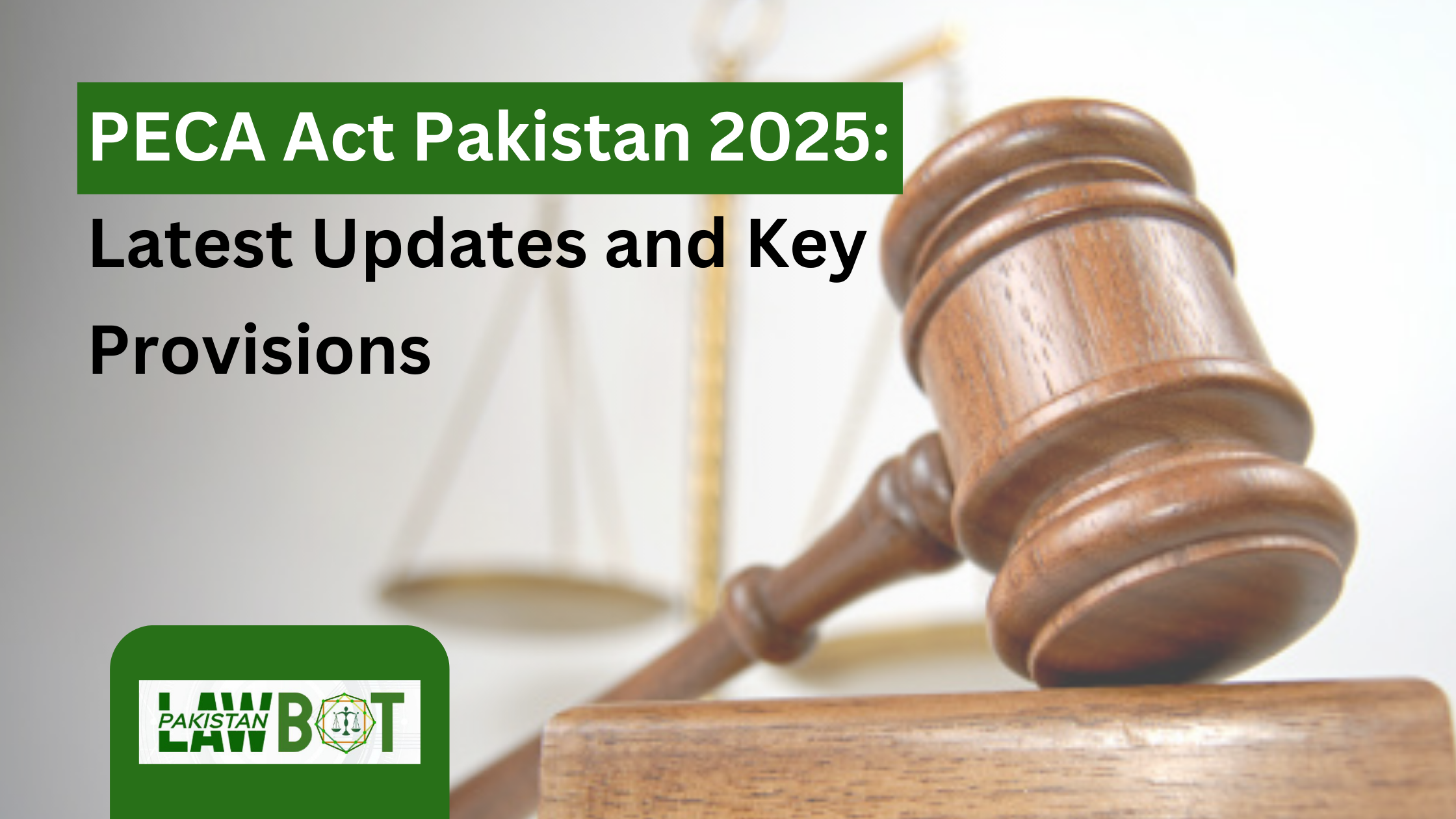Understanding Women’s Legal Rights in Pakistan
Legal Rights of Women in Pakistan, women’s rights are safeguarded under the Constitution and various laws, yet awareness about these rights remains low. This lack of knowledge often leads to women being deprived of the opportunities and protections they are entitled to. By understanding and exercising their legal rights, women can take steps toward achieving empowerment and equality. Pakistan Law Bot, an innovative AI law chatbot, serves as a valuable tool for accessing accurate legal advice.
Women’s Rights Under Pakistan’s Constitution
The Constitution of Pakistan explicitly guarantees fundamental rights to all citizens, irrespective of gender. Here are some of the key rights Legal Rights of Women in Pakistan:
- Equality Before Law: Article 25 states that all citizens are equal before the law and prohibits discrimination based on gender.
- Equal Opportunity: Article 26 ensures that there is no discrimination in access to public spaces or facilities.
- Protection Against Exploitation: Article 11 prohibits all forms of forced labor and human trafficking.
- Right to Education: Article 37 mandates the promotion of education for all, including women.
- Protection of Marriage, Family, and Motherhood: Article 35 ensures the state protects the marriage institution, family, and motherhood, which includes safeguarding women’s rights in familial relationships.
- Freedom of Profession: Article 18 provides women with the right to choose any lawful profession or occupation, empowering them to participate in the workforce.
Women and Employment Laws in Pakistan
Women’s employment rights and Legal Rights of Women in Pakistan are protected through various legal frameworks. Pakistan Law Bot provides detailed insights into employment laws. Some key aspects include:
- Maternity Leave: Under the Maternity Benefit Ordinance 1958, women are entitled to 12 weeks of paid maternity leave. This ensures that women can recover and care for their newborns without the fear of losing their job.
- Equal Pay: The Equal Remuneration Act ensures that women receive equal pay for equal work. This is a significant step toward bridging the gender pay gap in the workplace.
- Harassment at Workplace: The Protection Against Harassment of Women at Workplace Act, 2010, protects women from workplace harassment. It outlines clear procedures for reporting harassment and ensures accountability within organizations. For detailed steps on how to file a harassment complaint, visit Pakistanlawsite.com.
- Safe Working Conditions: The Factories Act, 1934 mandates employers to provide a safe working environment, including proper sanitation facilities for female workers.

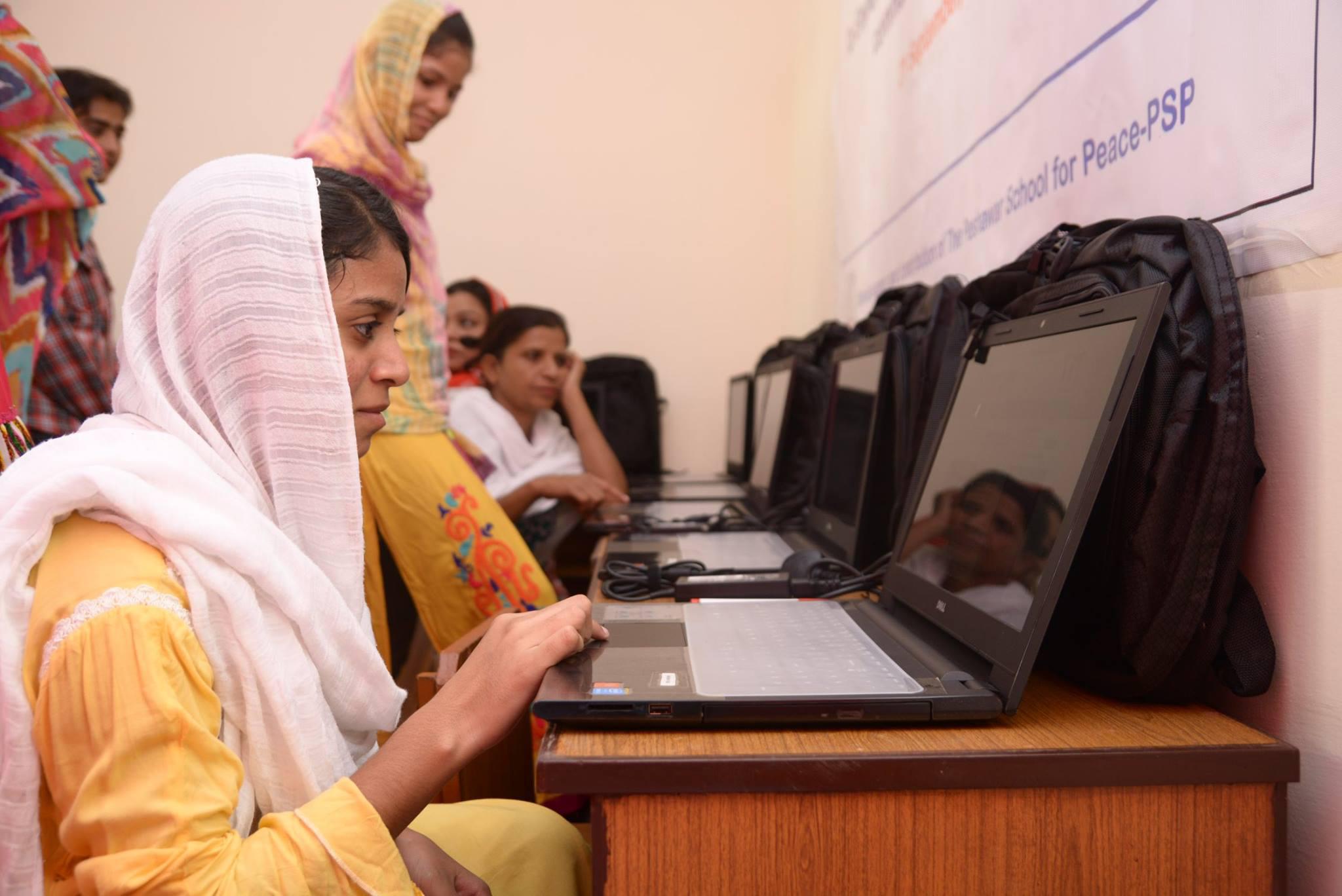
Family Laws: Protecting Women in Marital and Domestic Matters
Family laws in Pakistan address critical aspects like marriage, divorce, child custody, and inheritance. These laws ensure that women have the right and Legal Rights of Women in Pakistan to equality and protection in familial relationships.
- Marriage Rights: Women have the right to consent to marriage under the Muslim Family Laws Ordinance, 1961. Forced marriages are illegal and punishable under the law.
- Divorce and Khula: Women can file for divorce or Khula under the Dissolution of Muslim Marriages Act, 1939. The process empowers women to end a marriage that is detrimental to their well-being. For a step-by-step guide, refer to How to File a Lawsuit in Pakistan: A Step-by-Step Guide.
- Child Custody: Family courts decide child custody cases based on the child’s best interests, often granting mothers custody of minor children.
- Inheritance Rights: Islamic law grants women specific shares in inheritance. The Constitution ensures that these rights are not overridden by customary practices. Women must assert their inheritance rights to counter the influence of patriarchal norms.
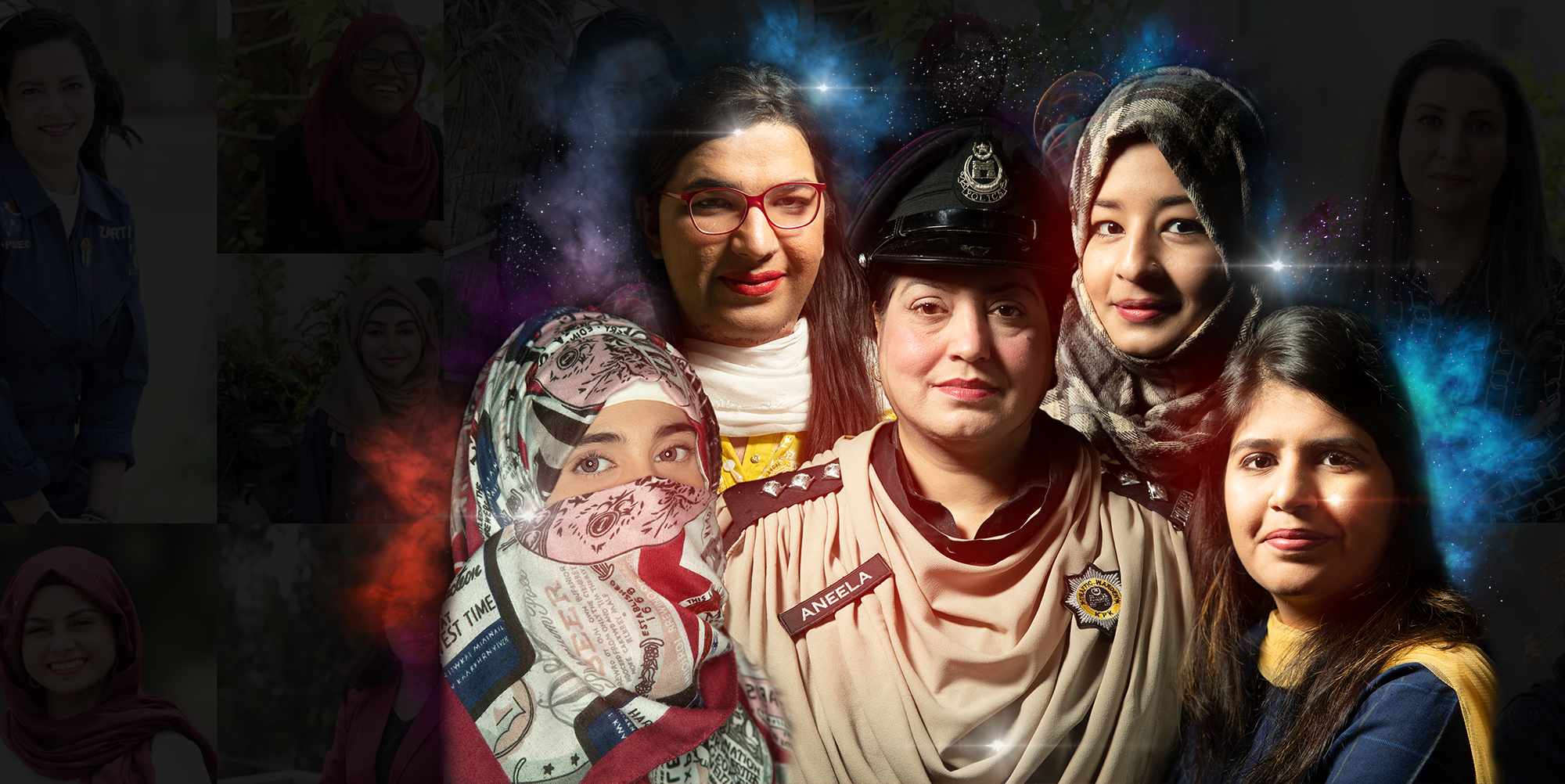
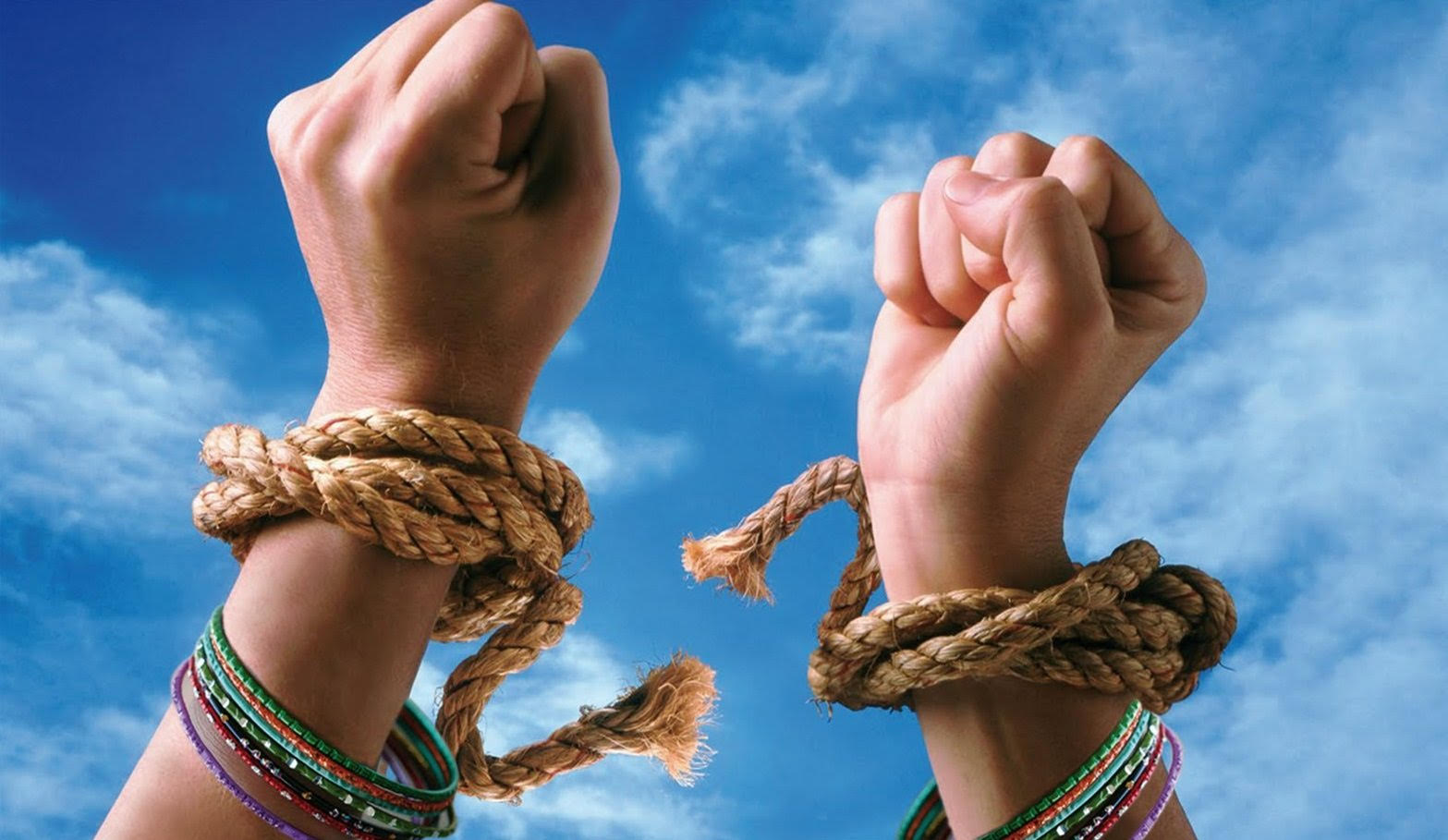
Property and Land Rights for Women
Property rights are another crucial area where women often face discrimination. However, the law provides ample protection:
- Women’s Right to Property: Under Islamic inheritance laws, women have a right to own and inherit property. This includes land, residential properties, and commercial assets.
- Dowry Protection: Women can claim their dowry under the Dowry and Bridal Gifts Restriction Act, 1976. This law prohibits excessive demands for dowry and protects women’s rights in marital property disputes.
- Land Ownership: Legal Rights of Women in Pakistan have the legal right to own land and property independently. This empowers them economically and provides a safety net against financial insecurity.
For more details, visit How to Handle Property Disputes in Pakistan.
Protection Against Domestic Violence
Domestic violence is a pressing issue in Pakistan. Several laws aim to protect women from abuse:
- The Domestic Violence (Prevention and Protection) Act, 2012: This law criminalizes physical, emotional, and economic abuse. It provides protection orders, residence orders, and monetary relief to survivors.
- Filing a Complaint: Women can file complaints at designated police stations or family courts. Legal platforms like Pakistan Law Bot simplify the process of seeking help.
- Helplines and Support Centers: Numerous NGOs and helplines provide immediate support to domestic violence survivors, offering shelter, counseling, and legal assistance.

Criminal Laws Protecting Women
Pakistan’s legal system has specific provisions for protecting women against crimes:
- Honor Killings: The Criminal Law (Amendment) Act, 2004, addresses honor killings, making them punishable by law. It ensures that perpetrators cannot escape justice through compromises with the victim’s family.
- Acid Attacks: The Acid Control and Acid Crime Prevention Act, 2011, imposes strict penalties for acid attacks. It also regulates the sale of acid to prevent misuse.
- Rape and Sexual Assault: The Protection of Women Act, 2006, strengthens legal recourse for victims of rape and sexual assault. It provides protection mechanisms and ensures trials are conducted with sensitivity toward victims.
- Cyber Harassment: The Prevention of Electronic Crimes Act, 2016, protects women from online harassment, stalking, and blackmail. The Federal Investigation Agency (FIA) handles complaints related to cybercrimes.
How Technology is Revolutionizing Legal Assistance
With the advent of AI, legal assistance has become more accessible. Platforms like Pakistan Law Bot and AI legal assistants in Pakistan are transforming the legal landscape by offering instant, accurate, and affordable legal advice.
Read: How AI is Revolutionizing Legal Assistance in Pakistan.
- User-Friendly Interface: Legal chatbots like Pakistan Law Bot provide easy navigation, enabling users to find answers to complex legal questions.
- Cost-Effective Solutions: AI-powered tools reduce the need for costly legal consultations, making legal help affordable for all.
- Availability: These platforms operate 24/7, ensuring users can access legal advice anytime, anywhere.
Steps to Seek Legal Advice in Pakistan
Here is a simple guide for women to seek legal advice:
- Identify the Issue: Determine whether your case involves family law, property disputes, or workplace harassment.
- Consult Legal Platforms: Use platforms like Pakistan Law Bot to get initial advice.
- Hire a Lawyer: Contact professional legal services for detailed case handling.
- File a Complaint: Follow the appropriate procedures to file complaints in relevant courts or agencies.
Importance of Legal Awareness
Legal awareness empowers women to:
- Assert their rights confidently.
- Challenge discriminatory practices.
- Seek justice in cases of abuse or exploitation.
Challenges Faced by Women in Accessing Justice
Despite the legal protections in place, women face numerous challenges in accessing justice:
- Lack of Awareness: Many women are unaware of their legal rights, leading to exploitation and injustice.
- Cultural Barriers: Patriarchal norms and societal pressures often discourage women from seeking legal help.
- Financial Constraints: Legal fees and related expenses can be a significant barrier for women from low-income backgrounds.
- Delays in Legal Proceedings: The slow pace of the judicial system often discourages women from pursuing their cases.
Overcoming Barriers to Justice
To address these challenges, the following measures can be taken:
- Legal Education Campaigns: Conduct awareness programs to educate women about their rights.
- Pro-Bono Legal Services: Encourage lawyers to provide free legal aid to women in need.
- Simplified Procedures: Streamline legal processes to make them more accessible and less intimidating.
- Support Networks: Establish women’s support groups and helplines to offer guidance and assistance.
Resources for Women’s Legal Assistance
Below are some valuable resources for legal help in Pakistan:
- Pakistan Law Bot (https://pakistanlawbot.com/)
- Pakistanlawsite.com (http://Pakistanlawsite.com)
- Local women’s rights organizations and helplines In Legal Rights of Women in Pakistan.

